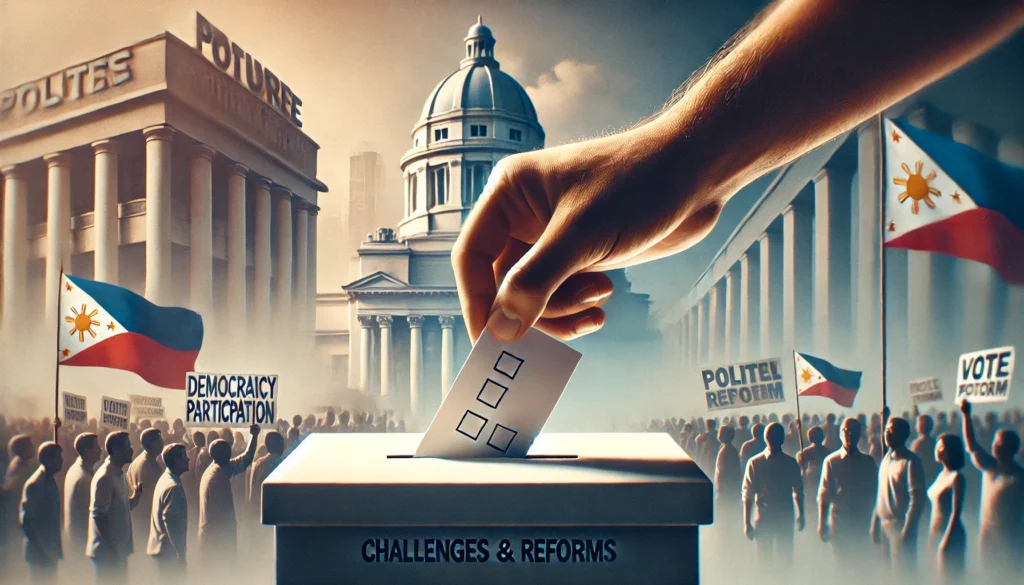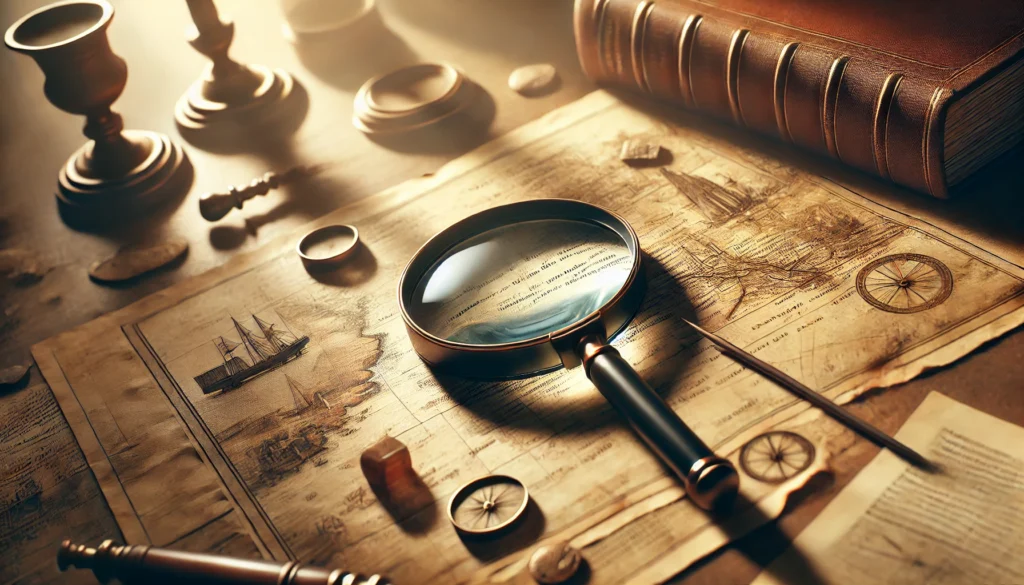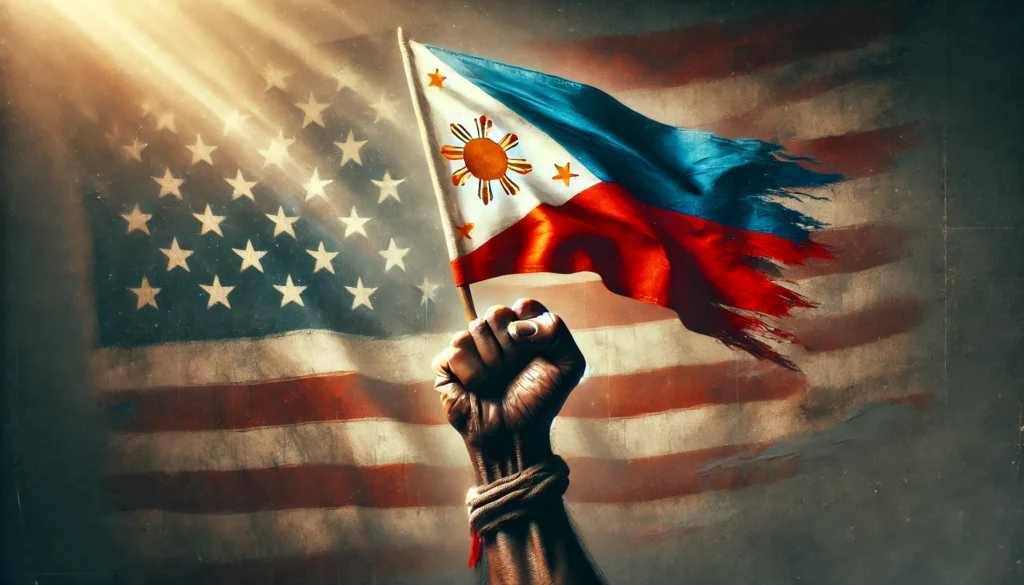The Philippines has a rich and complex political history, shaped by centuries of colonial rule and a tumultuous journey towards democracy. From Spanish colonization to American occupation, and from the Marcos dictatorship to the People Power Revolution, the nation’s political landscape has undergone significant transformations. These historical events have profoundly influenced the contemporary political scene, creating a unique blend of challenges and opportunities for reform.
Key Milestones in Philippine Democracy
- 1946: Independence from the United States
- 1965-1986: Ferdinand Marcos presidency and martial law
- 1986: People Power Revolution and restoration of democracy
- 1987: Ratification of the current Philippine Constitution
- 2001: Second People Power Revolution (EDSA II)
The road to democracy in the Philippines has been marked by both triumphs and setbacks. While the country has made significant strides in establishing democratic institutions, it continues to grapple with issues that hinder the full realization of its democratic ideals.
Contemporary Political Landscape
Political System and Structure
The Philippines operates under a presidential system of government, with three co-equal branches: executive, legislative, and judicial. The president serves as both head of state and head of government, elected for a single six-year term. The bicameral legislature consists of the Senate and the House of Representatives, while the Supreme Court heads the judiciary.
Major Political Parties and Coalitions
The Philippine political arena is characterized by a multi-party system, though it is often dominated by a few major parties and personalities. Some of the prominent parties include:
- Liberal Party (LP)
- Nacionalista Party (NP)
- Partido Demokratiko Pilipino–Lakas ng Bayan (PDP-Laban)
- Lakas–Christian Muslim Democrats (Lakas-CMD)
- Nationalist People’s Coalition (NPC)
It’s worth noting that party-switching is common in Philippine politics, with politicians often changing affiliations based on political expediency rather than ideological differences.
Electoral System and Processes
Elections in the Philippines are held every three years for local positions and every six years for national positions. The country uses a plurality voting system, where the candidate with the highest number of votes wins, even without an absolute majority. This system has been criticized for promoting personality-based politics and hindering the development of strong political parties based on ideologies and platforms.
Challenges in Contemporary Philippine Politics
Corruption and Patronage Politics
One of the most persistent challenges facing Philippine politics is corruption. Despite various anti-corruption initiatives, the problem remains deeply entrenched in the political system. Patronage politics, where politicians use public resources to reward supporters and maintain power, continues to undermine democratic processes and good governance.
| Corruption Perception Index Rankings (Transparency International) |
|——————————————————————-|
| Year | Rank | Score (out of 100) |
|---|---|---|
| 2020 | 115 | 34 |
| 2019 | 113 | 34 |
| 2018 | 99 | 36 |
| 2017 | 111 | 34 |
Dynastic Politics
Political dynasties have long been a feature of Philippine politics, with certain families dominating local and national political landscapes for generations. This concentration of power in the hands of a few families has raised concerns about equitable representation and the true nature of Philippine democracy.
Human Rights Concerns
Recent years have seen growing concerns over human rights issues in the Philippines, particularly in relation to the government’s war on drugs. Extra-judicial killings, limitations on press freedom, and the targeting of activists and opposition figures have drawn international criticism and raised questions about the state of democracy in the country.
Economic Inequality and Poverty
Despite economic growth in recent years, the Philippines continues to struggle with high levels of poverty and economic inequality. These economic challenges often intersect with political issues, as poverty can make voters more susceptible to vote-buying and other forms of political manipulation.
| Poverty Incidence Among Population (%) |
|—————————————-|
| Year | Poverty Incidence |
|---|---|
| 2018 | 16.7 |
| 2015 | 23.5 |
| 2012 | 25.2 |
| 2009 | 26.3 |
Source: Philippine Statistics Authority
Reform Initiatives and Governance Improvements
Anti-Corruption Efforts
Various administrations have implemented anti-corruption measures, including:
- Strengthening of the Office of the Ombudsman
- Implementation of the Anti-Red Tape Act
- Establishment of the Integrity Management Program
While these initiatives have shown some promise, their effectiveness has been limited by inconsistent implementation and lack of political will.
Electoral Reforms
Efforts to improve the electoral system have included:
- Automation of the voting process
- Stricter campaign finance regulations
- Proposals for electoral system reform (e.g., shift to proportional representation)
These reforms aim to enhance the transparency and fairness of elections, though challenges in implementation remain.
Decentralization and Local Governance
The Local Government Code of 1991 marked a significant step towards decentralization, giving local government units more autonomy and resources. This has led to improvements in local governance in some areas, but challenges persist in terms of capacity-building and equitable resource distribution.
Institutional Strengthening
Efforts to strengthen democratic institutions have included:
- Reforms in the judiciary to improve efficiency and reduce case backlogs
- Strengthening of the Commission on Human Rights
- Enhancing the independence of constitutional commissions
These initiatives aim to improve the checks and balances within the political system and enhance democratic governance.
The Role of Civil Society and Media
Civil Society Organizations
The Philippines has a vibrant civil society sector that plays a crucial role in promoting democratic values, advocating for reforms, and holding the government accountable. NGOs, people’s organizations, and social movements have been instrumental in pushing for various political and social reforms.
Media and Press Freedom
The media plays a vital role in Philippine democracy, serving as a watchdog and informing the public. However, press freedom has faced challenges in recent years, with the Philippines dropping in global press freedom rankings.
| World Press Freedom Index Rankings (Reporters Without Borders) |
|—————————————————————-|
| Year | Rank (out of 180 countries) |
|---|---|
| 2020 | 136 |
| 2019 | 134 |
| 2018 | 133 |
| 2017 | 127 |
Digital Democracy and Social Media
The rise of social media has transformed political discourse in the Philippines. While it has provided new platforms for civic engagement and political participation, it has also been associated with the spread of disinformation and polarization of political debates.
Foreign Relations and Geopolitical Challenges
Relations with Major Powers
The Philippines’ foreign policy has traditionally balanced relations between the United States, its long-standing ally, and China, an increasingly influential regional power. Recent years have seen shifts in this balance, with implications for regional security and economic relations.
Territorial Disputes
The ongoing dispute in the South China Sea (West Philippine Sea) remains a significant geopolitical challenge. The Philippines’ approach to this issue has varied across administrations, reflecting the complex interplay of national sovereignty, economic interests, and regional stability.
Regional Cooperation
As a founding member of ASEAN, the Philippines plays an important role in regional cooperation. Strengthening ties with Southeast Asian neighbors remains a key aspect of Philippine foreign policy, particularly in addressing shared challenges such as terrorism, maritime security, and economic integration.
Economic Policies and Development Challenges
Economic Growth and Inclusive Development
While the Philippines has experienced steady economic growth in recent years, ensuring that this growth is inclusive and benefits all segments of society remains a challenge. Economic policies have focused on attracting foreign investment, developing infrastructure, and promoting key industries.
| GDP Growth Rate (%) |
|———————|
| Year | Growth Rate |
|---|---|
| 2019 | 6.0 |
| 2018 | 6.2 |
| 2017 | 6.7 |
| 2016 | 6.9 |
Source: World Bank
Labor and Employment Issues
Addressing unemployment and underemployment remains a priority. Policies aimed at job creation, skills development, and labor protection have been implemented, though challenges persist, particularly in terms of creating quality, stable employment opportunities.
Infrastructure Development
The “Build, Build, Build” program launched in recent years aims to address the country’s infrastructure gap. While this initiative has the potential to boost economic growth, concerns have been raised about its environmental impact and the sustainability of financing.
Environmental Challenges and Climate Change
Climate Change Vulnerability
As an archipelagic nation, the Philippines is particularly vulnerable to the impacts of climate change. This environmental challenge intersects with political and economic issues, requiring comprehensive policies and international cooperation.
Environmental Governance
Balancing economic development with environmental protection remains a significant challenge. Policies on mining, deforestation, and pollution control have been contentious issues, highlighting the need for sustainable development approaches.
The Future of Philippine Politics
Constitutional Reform Debates
Discussions on constitutional reform, including proposals for federalism and changes to economic provisions, have been ongoing. These debates reflect broader questions about the structure of government and the direction of Philippine democracy.
Youth Engagement and Political Participation
The increasing political engagement of young Filipinos, particularly through social media and grassroots movements, suggests potential for political renewal. Harnessing this energy while addressing the challenges of political education and combating disinformation will be crucial for the future of Philippine democracy.
Technology and Governance
The integration of technology in governance, from e-governance initiatives to the use of data analytics in policy-making, presents opportunities for improving efficiency and transparency. However, it also raises concerns about privacy, security, and the digital divide.
Contemporary Philippine politics is characterized by a complex interplay of historical legacies, institutional challenges, and emerging opportunities for reform. While the country has made significant strides in democratic governance since the restoration of democracy in 1986, persistent issues such as corruption, dynastic politics, and economic inequality continue to pose challenges.
The path forward requires a multifaceted approach, involving institutional reforms, strengthening of civil society, economic policies that promote inclusive growth, and a renewed commitment to democratic values. As the Philippines navigates its place in an increasingly complex global landscape, the resilience and creativity of its people, coupled with effective governance and reforms, will be crucial in shaping the future of Philippine democracy.
Disclaimer: This blog post aims to provide an overview of contemporary Philippine politics based on information available up to 2023. Political situations can change rapidly, and some details may have evolved since the time of writing. Readers are encouraged to consult current sources for the most up-to-date information. If you notice any inaccuracies or have additional information to contribute, please contact us for prompt review and update of the content.




